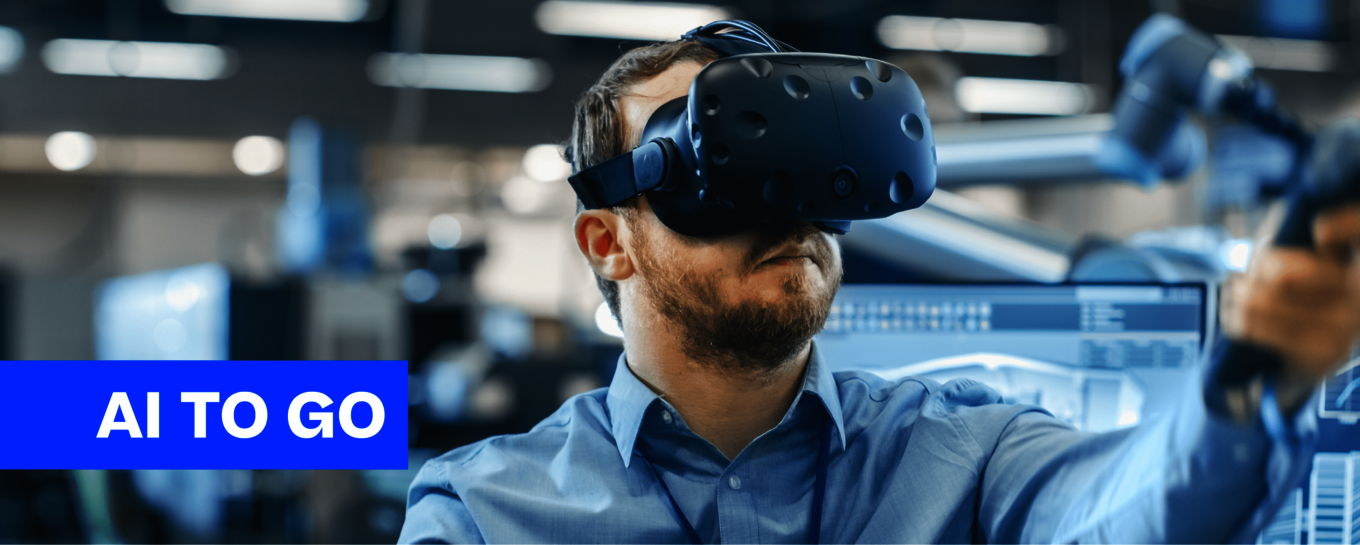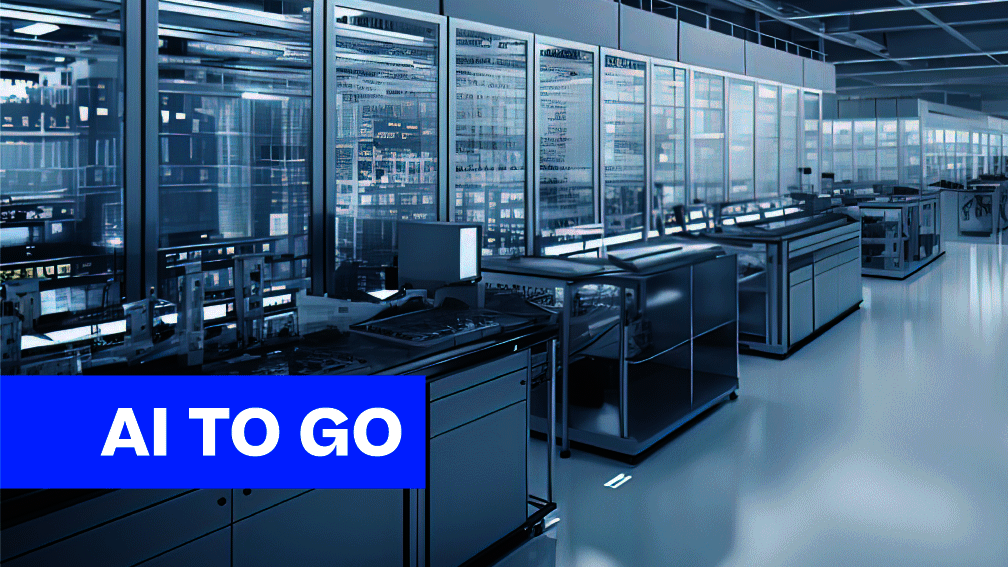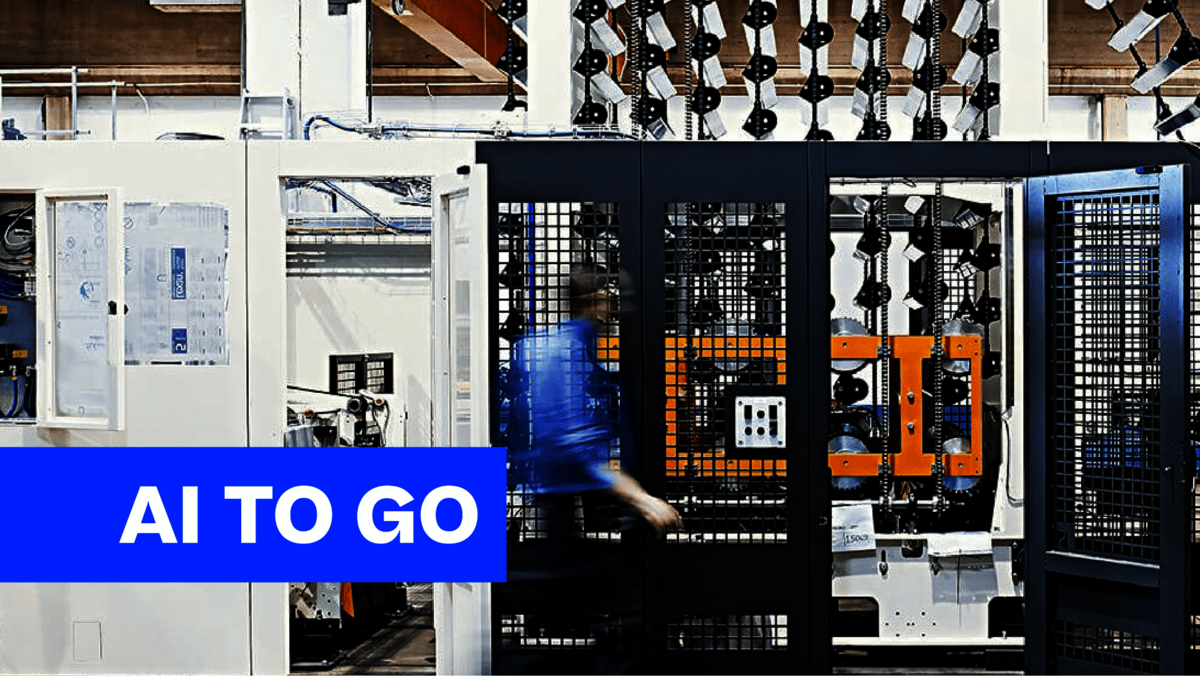Gone are the days when Artificial Intelligence was a new, unknown technology only rumored to be making its way into our society. Today, AI and machine learning have become an integral part of our daily lives. From the search engines and social platforms, we use to the work tools we rely on, an AI-powered learning algorithm is likely driving it all.
AI has already left its mark on various industries, including transportation, health, entertainment, agriculture, education, and manufacturing, to name a few. So, what can we expect from AI in the next years? The global AI market's annual revenue is projected to reach $126 billion by 2025 and skyrocket to $1.81 trillion by 2030 (1).
This shows that we're only at the beginning of a massive technological shift, and that AI will soon fully integrate and transform every industry in its path. Generative AI solutions, like ChatGPT, are an example of the power of AI and the speed at which it's changing the world. The possibilities are truly endless, and it's an exciting time to be a part of this technological revolution.
The Future is scientific: AI for research and development
With increasing concerns surrounding global health, mental wellbeing, the climate crisis, and even space research, we can expect to see more and more use of AI and machine learning in scientific research. It'll be faster, more cost-effective, and less time-consuming than current methods. Forbes states that "AI, augmenting human intelligence, is primed to transform the scientific research process, unleashing a new golden age of scientific discovery in the coming years (2)."
The Future is digital: AI for next-gen online experiences
Machine learning is changing online experiences by predicting what we like - social media, search, e-commerce, and streaming. AI will enhance digital object and physical space perception in the Metaverse, aid in understanding capital activities in the decentralized blockchain and cryptocurrency world and enhance Virtual and Augmented Reality experiences in digital content and games.
The Future is green: AI for climate change
AI will be critical in understanding the socioeconomic threats posed by climate change. It'll allow us to study and predict future trends that humans can't yet. Forbes notes that "One potential new approach involves prediction markets powered by AI that can tie policy to impact, taking a holistic view of environmental information and interdependence (2)." AI technologies will enhance our ability to anticipate consequences, predict the effectiveness of new practices, and explore alternative energy options.
The Future is automated: AI for manufacturing technology
As one of the fastest-growing technologies in manufacturing, AI will continue to thrive in this industry in the coming years. AI will be at the core of next-generation equipment and is estimated to reach a market size of $15,237.7 million by 2025 (3). The main applications of AI in manufacturing will include process automation and big data processing, as well as machinery inspection and quality control. In terms of AI technologies, computer vision is expected to lead the market in revenue by 2025, followed by machine learning, natural language processing, and context awareness.
Follow our blog "AI to Go” and Körber Digital on LinkedIn to stay up to date on the latest industry trends and be a part of the change.




